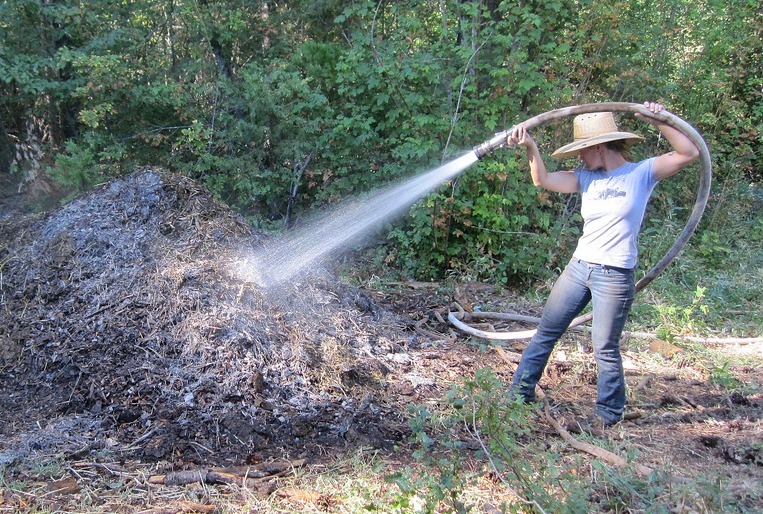
Pipe Up Against EnbridgeProtesters in B.C. rally against the proposed Northern Gateway pipeline project.
The Canadian province of British Columbia has come out in formal opposition to a plan for a massive pipeline system that would carry bitumen from Alberta’s tar-sands fields to a coastal port, pointing out the significant dangers of oil spills.
But we’re not talking about the Keystone XL pipeline here.
We’re talking about Enbridge’s Northern Gateway project, a pair of pipelines proposed to carry tar-sands oil west across B.C. to a port in the town of Kitimat — effectively a backup system in case America rejects Keystone XL. A new shipping terminal in Kitimat would feed oil onto ships headed for Asia.
In outlining its opposition to the project in a 99-page letter to a federal review panel, British Columbia did what America’s State Department has so far failed to do: acknowledge the grave environmental hazards of moving the notoriously toxic material around in pipes. From CBC News:
“British Columbia thoroughly reviewed all of the evidence and submissions made to the panel and asked substantive questions about the project, including its route, spill response capacity and financial structure to handle any incidents,” said [B.C.] Environment Minister Terry Lake.
“Our questions were not satisfactorily answered during these hearings.”
Lake said the province has carefully reviewed the evidence presented to the panel.
“The panel must determine if it is appropriate to grant a certificate for the project as currently proposed on the basis of a promise to do more study and planning after the certificate is granted,” Lake said.
“Our government does not believe that a certificate should be granted before these important questions are answered.”
The letter does not rule out the possibility that the project will be approved by the federal government, but it does hurt its chances. From The New York Times:
Gillian McEachern, campaign director for Environmental Defence, a Canadian advocacy group, said that the federal government “would be ill-advised” to override the provincial government. “Projects that work are ones that clearly have support of people in the region,” she said.
In a statement, Joe Oliver, federal natural resources minister, did not directly address the province’s concerns. But he said, “The objective of diversifying our export markets for energy remains a critical priority for our government.”
Kathryn Harrison, a professor of political science at the University of British Columbia, said that any attempt to impose the pipeline on the province would raise several constitutional questions. Not only do the two governments have overlapping and sometimes conflicting powers over environmental issues, but also most of the land that the pipeline would cross is owned by the provincial government.
Any legal challenge by the province, she said, “could be tied up in the courts for some time.”



